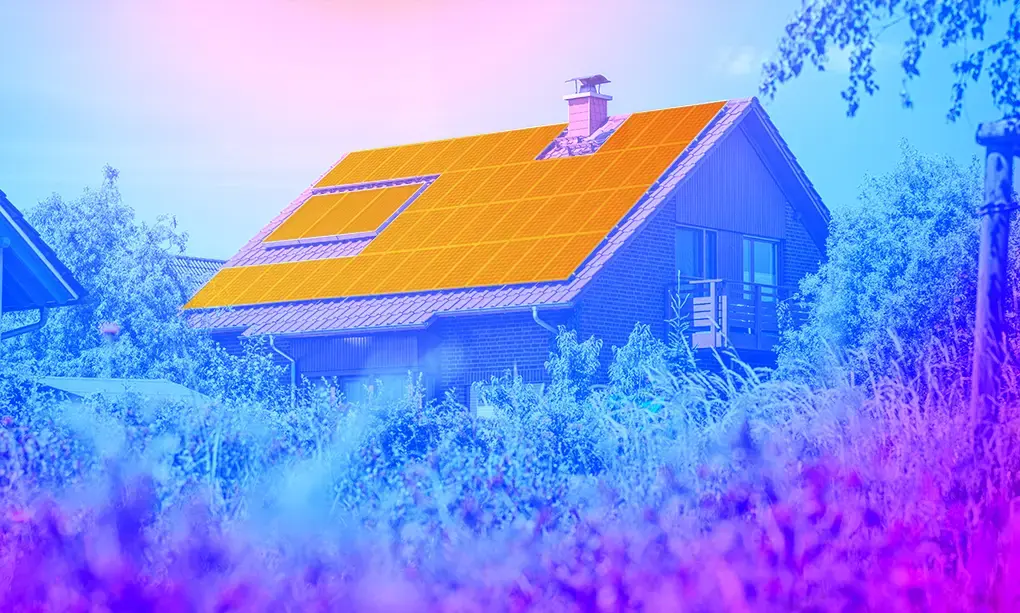
4 Factors to Consider Before Going Solar
If you're thinking about making the switch, make sure you know these 4 factors to consider before going solar. From how the panels work to choosing a trusted solar company, it's important to know before making your decision.
Key Takeaways
- There are two primary solar technologies.
- Assess if your roof is suitable for solar panels.
- Modern solar panels prioritize safety, durability, and eco-friendliness.
Are you thinking about installing solar panels on your home? The decision to go solar comes with a range of benefits, from cutting down on monthly energy bills to contributing positively to the environment. However, before you dive into the world of solar energy, it’s important to understand the basics.
1. How Does Solar Work?
There are two primary technologies used to harness solar power and convert it into electricity. The first, and more familiar of the two, is photovoltaics (PV). These are the panels you see on rooftops in your neighborhood. When sunlight hits one of these solar panels, the cells absorb photons, creating an electric field that generates electricity. Learn more about Solar PV solar here.
The second technology, concentrating solar power (CSP), is primarily used in large-scale power plants and isn't suitable for residential use. CSP employs mirrors to concentrate sunlight onto receivers that capture solar energy and convert it into heat. This heat is then used to produce electricity.

2. Will Solar Panels Work On My Home?
Solar panels are designed to function in a variety of climates. However, certain rooftops may not be ideal for solar systems. If trees near your home cast excessive shade on your roof, then solar panels might not be the right choice for you. Additionally, the size, shape, and slope of your roof are important factors to consider. Age is another consideration for rooftop solar. If your roof doesn’t have a long lifespan remaining, it may not be the right time to add solar panels to your roof.
If a solar professional determines that your roof isn't suitable for solar, or if you don't own your home, there's no need to worry—you can still benefit from solar energy! Community solar initiatives enable individuals to benefit from a shared solar array, either on-site or off-site. The costs associated with purchasing and installing the solar energy system are divided among participants, allowing them to invest at a level that aligns with their budget. Explore your community solar options further here.
3. Is Solar Safe?
Today’s solar panels are engineered with safety as a top priority. Rigorous international inspections and testing standards ensure that all solar panels meet stringent safety criteria. During installation, qualified installers adhere to local building, fire, and electrical codes to further enhance safety measures. Your solar energy system also undergoes a comprehensive inspection by a certified electrician. In addition, some states have requirements that home solar installations can withstand high winds and hurricane conditions.
Solar panels typically last for over 25 years, during which they generate electricity without emitting any air pollution. When they reach the end of their lifespan, the recycling and disposal of solar panels are carefully regulated to ensure responsible management of hazardous materials. Dedicated photovoltaic (PV) recycling facilities manage the recycling process, ensuring that environmental and safety standards are upheld throughout the disposal lifecycle. Learn more about solar panel recycling from the U.S. Environmental Protection Agency.
Deciding to switch to solar energy for your home means understanding how it works. From grasping the basics of solar technology to assessing if your home is suitable for solar panel installation, each aspect needs careful consideration. With this knowledge, you can feel confident making a well-informed decision about whether solar energy is right for your home.

4. How to Choose A Trusted Solar Company
Choosing a reputable solar company is crucial for a successful solar installation. Look for companies with positive reviews, customer testimonials, relevant accreditations, and a commitment to addressing customer needs.
If you ever encounter any issues, know that there are avenues to protect yourself:
To file a formal complaint regarding a solar business, complete this form on the SEIA website.
At the federal level, you can report fraud, scams, and unethical business practices to the Federal Trade Commission.
State laws vary, it’s advised to reach out to your state or territory's consumer protection offices to explore the assistance they can provide.
It's essential to prioritize transparency, reliability, and accountability in every step of your solar journey to ensure peace of mind and satisfaction with your investment.
Want to learn more about if rooftop solar is right for you? We have you covered:
Ready to make the switch? Contact your local solar installer to ask if they offer GoodLeap financing.